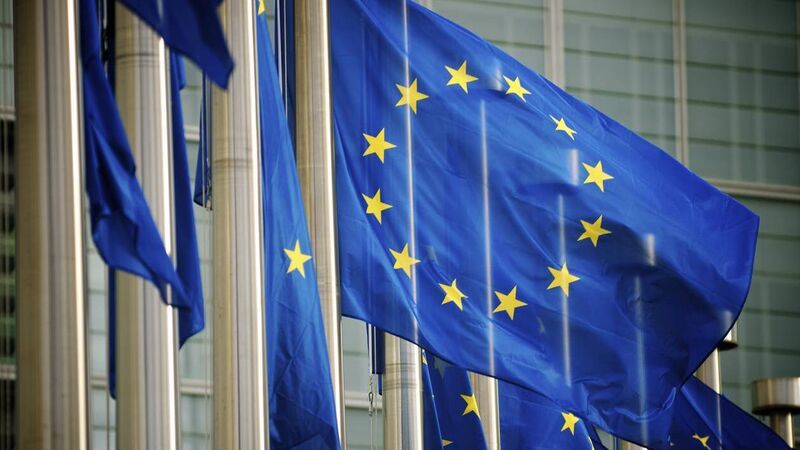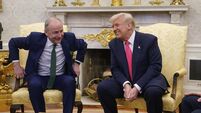Higher ECB rate increase predicted after Euro Zone inflation hits record high

Economists at Goldman Sachs Group Inc., Bank of America and JPMorgan Chase & Co. now predict a 75 basis-point increase at next week’s ECB meeting.
Some of Wall Street’s biggest banks boosted their forecasts for European Central Bank interest rates, saying faster-than-expected inflation will convince officials to react with even more aggression.
Economists at Goldman Sachs Group Inc., Bank of America and JPMorgan Chase & Co. now predict a 75 basis-point increase at next week’s meeting, which hawkish Governing Council members had floated as an option in recent days. Investors are also fully pricing such a move by October.











